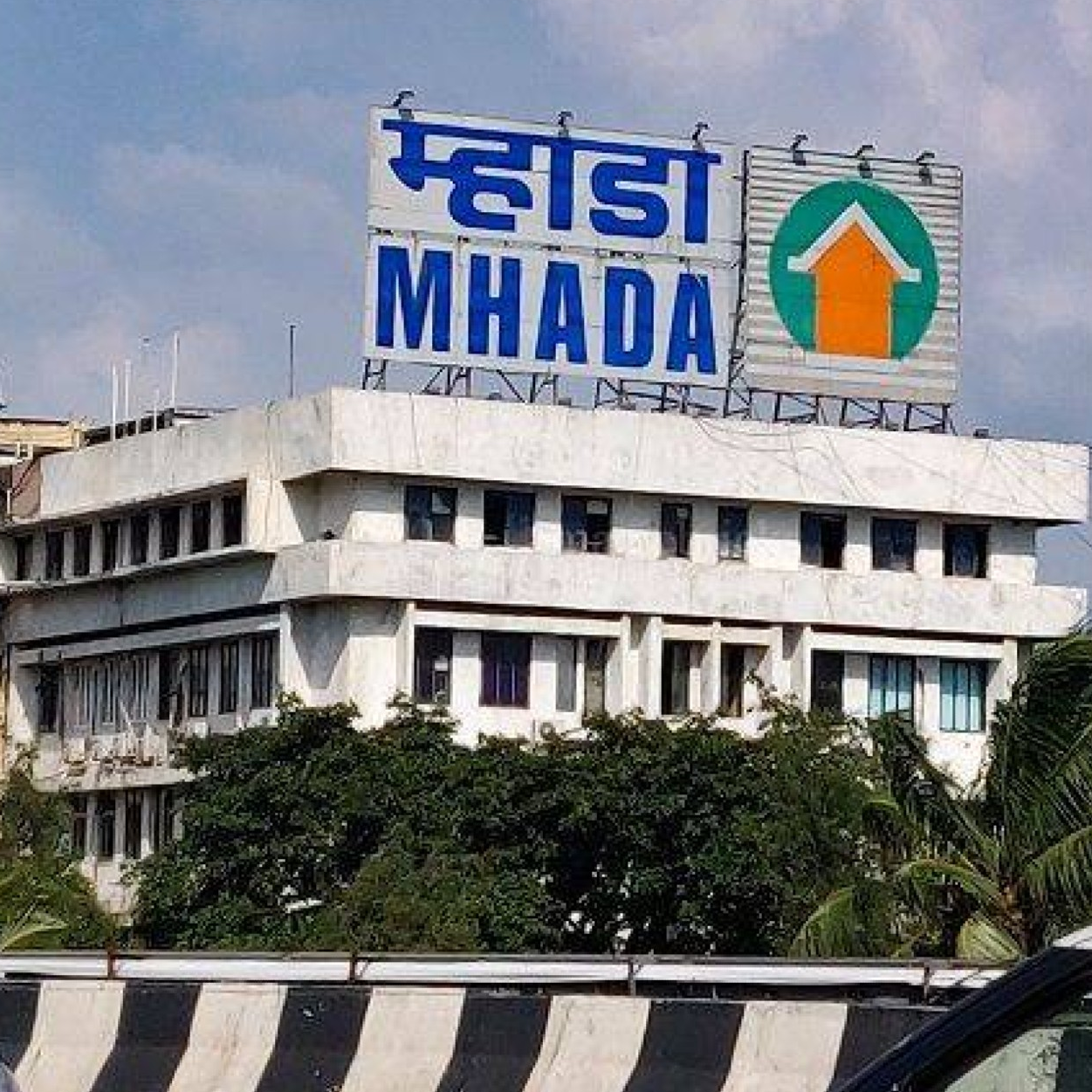
A Greener Tomorrow: MHADA’s Landmark Tree Plantation Initiative During Van Mahotsav
In the fast-growing cities of Maharashtra, as the concrete landscape expands, the need to preserve nature has become more urgent than ever. Ensuring that urban development aligns with environmental responsibility is critical for the well-being of future generations. In this spirit, the Maharashtra Housing and Area Development Authority (MHADA), under the leadership of IAS Sanjeev Jaiswal, has launched a landmark tree plantation initiative as part of the Van Mahotsav Week.
The initiative aims to plant 2 lakh trees across Maharashtra, contributing significantly to the state’s environmental health and sustainability. This effort is more than just a green initiative; it is a long-term commitment to combat rising pollution, improve air quality, and contribute to the ecological balance.
Mission to a Greener Tomorrow: The Statewide Tree Plantation Drive
The mission began on July 1, 2025, with a focused effort on planting 50,000 trees in the Mumbai Metropolitan Region (MMR). The first phase marks the beginning of a broader, state-wide campaign that will span several regions including Pune, Nashik, Chhatrapati Sambhajinagar, Nagpur, and Amravati, with each of these regions setting a target of 25,000 trees. This project is a milestone in MHADA’s efforts to balance urban growth with environmental sustainability.
Key details of the project include:
- 2 Lakh Trees to be planted across Maharashtra.
- 50,000 trees in the Mumbai Metropolitan Region (MMR).
- 25,000 trees each in Pune, Nashik, Amravati, Nagpur, and Chhatrapati Sambhajinagar.
The vision is to create green spaces that enhance the quality of life in rapidly growing urban areas. The drive also focuses on using geo-tagging technology to monitor and track the trees for their long-term growth.
Transforming Mumbai: From Housing Projects to Green Spaces
In Mumbai, the tree plantation drive kicked off in key housing projects, including areas like Kandivali, Malvani, and Goregaon. These are areas that have long struggled with overcrowding and poor living conditions. With the introduction of green spaces, these areas are beginning to witness a transformation that will not only beautify the surroundings but also provide residents with cleaner air and better quality of life.
In addition to these areas, the Konkan region, particularly the Talye Housing Rehabilitation Project in Mahad Taluka (Raigad district), has seen active participation. This initiative has been supported by the local residents who are contributing to the growth and care of the planted trees.
Sustainable Growth and Accountability: Monitoring the Impact
MHADA, under Jaiswal’s leadership, is taking a hands-on approach in ensuring that the trees are not just planted but also monitored for sustainable growth. A geo-tagging system will be used to track the progress of each tree, ensuring that they are nurtured and that the plantation efforts continue to thrive in the coming years. This technological advancement guarantees the effectiveness of the initiative and holds the entire process accountable.
- Geo-tagging technology ensures proper growth monitoring.
- Community involvement ensures local participation and care.
- Long-term sustainability is a key focus, with planned follow-ups to ensure the trees’ survival.
Leadership by IAS Sanjeev Jaiswal: A Vision for a Greener Maharashtra
At the forefront of this ambitious project is IAS Sanjeev Jaiswal, Vice President and CEO of MHADA. Jaiswal’s leadership has been integral to the success of this initiative. His belief in inclusive urban development and the importance of environmental sustainability is reflected in his approach to governance.
Jaiswal emphasizes that just as urban development is essential for the progress of Maharashtra, ecological balance is equally critical. By leading MHADA in this drive, Jaiswal is ensuring that the state’s expansion is balanced with environmental preservation. His statement during the launch of the drive perfectly encapsulated this belief:
"Building homes is important, but so is ensuring that our cities have the green spaces they need to thrive. Trees are not just part of the landscape; they are the lungs of our cities. This is our responsibility to future generations."
Community Participation: Nurturing a Greener Legacy
MHADA’s tree plantation drive also encourages community participation, ensuring that residents play an active role in the process. This participatory model helps foster a sense of responsibility among citizens, allowing them to contribute directly to their community’s environmental health.
Positive feedback has already begun pouring in from residents who are excited about the changes this initiative will bring to their neighbourhoods. From providing cleaner air to enhancing the aesthetic beauty of urban areas, the community sees this as a vital step toward a healthier, more sustainable future.
Conclusion: Paving the Path to a Greener, Sustainable Future
MHADA’s tree plantation drive is more than just an environmental initiative; it is a statement of intent — that urban development must go hand-in-hand with nature conservation. Under IAS Sanjeev Jaiswal’s visionary leadership, MHADA is not only ensuring that homes are built for the people of Maharashtra but also that green spaces are created and maintained for their long-term benefit.
This initiative stands as a beacon of hope for future generations, as the trees planted today will provide cleaner air, reduce urban heat islands, and create green spaces where communities can thrive. The legacy of this initiative will not only enhance the quality of life for urban residents but will also contribute significantly to Maharashtra’s environmental health.
The promise of 2 lakh trees, green spaces, and sustainable urban development is a step closer to becoming a reality for Maharashtra. The drive will serve as a powerful reminder of the importance of responsible growth, showing that the future can be greener, healthier, and more sustainable when leadership, innovation, and community come together for the greater good.



